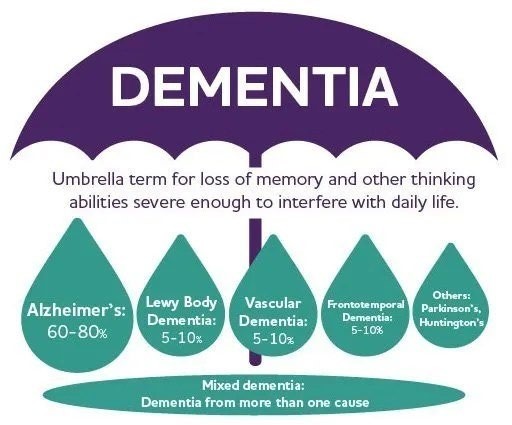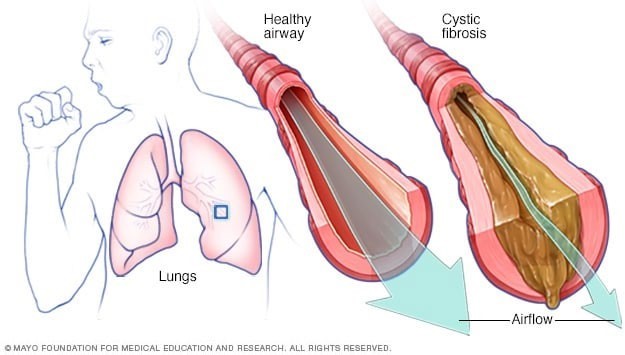An older client is admitted to the psychiatric unit for assessment of a recent onset of dementia. The practical nurse (PN) notes that in the evening this client often becomes restless, confused, and agitated. Which intervention should the PN implement?
Delay administration of nighttime medications until after visitors have left.
Administer a prescribed PRN benzodiazepine at the onset of a confused state.
Make certain that the client's assigned room is close to the nurses' station.
Ask family members about how they dealt with the client in the evening.
The Correct Answer is C
Restlessness, confusion, and agitation are common symptoms of dementia, particularly in the evening, a phenomenon known as sundowning. Therefore, the PN should implement interventions that can help to prevent or minimize these symptoms. Assigning the client to a room close to the nurses' station can help to provide constant observation and reassurance and can help to prevent the client from wandering or becoming disoriented.
A. Delaying administration of nighttime medications until after visitors have left may be appropriate, but it is not the first intervention to be implemented in this scenario.
B. Administering a prescribed PRN benzodiazepine at the onset of a confused state may be appropriate in some cases, but it should not be the first intervention to be implemented in this scenario.
D. Asking family members about how they dealt with the client in the evening may be helpful, but it is not the first intervention to be implemented in this scenario.

Nursing Test Bank
Naxlex Comprehensive Predictor Exams
Related Questions
Correct Answer is D
Explanation
The pattern of bowel movements is the most important information for the practical nurse (PN) to obtain when assisting with the admission of a 12-month-old child with a history of frequent colds and growth failure who is being tested for a possible diagnosis of cystic fibrosis (CF). CF can cause thick, sticky mucus to build up in the digestive tract, leading to problems with digestion and absorption of nutrients. This can result in bulky, greasy stools and growth failure.
The number of respiratory infections since birth (Option A) and a description of the child's appetite (Option C) are also important pieces of information, but they are not as critical as the pattern of bowel movements. The number of siblings in the family ( Option B) is not directly relevant to the child's medical condition.

Correct Answer is D
Explanation
Encouraging the client to initiate daily rituals, such as practicing relaxation techniques, engaging in physical exercise, and spending time with friends and family, can be an effective way to diminish anxiety. These activities can provide a sense of structure and routine that can help to manage stress and anxiety. Options A and C are not recommended because alcohol and caffeine can worsen sleeplessness and anxiety. Option B can be counterproductive and increase the client's anxiety level. Therefore, Option D is the best option to assist this client in diminishing his anxiety.
Therefore, options A, B, and C are not answers because they are not the best action to assist this client in diminishing his anxiety.
Whether you are a student looking to ace your exams or a practicing nurse seeking to enhance your expertise , our nursing education contents will empower you with the confidence and competence to make a difference in the lives of patients and become a respected leader in the healthcare field.
Visit Naxlex, invest in your future and unlock endless possibilities with our unparalleled nursing education contents today
Report Wrong Answer on the Current Question
Do you disagree with the answer? If yes, what is your expected answer? Explain.
Kindly be descriptive with the issue you are facing.
